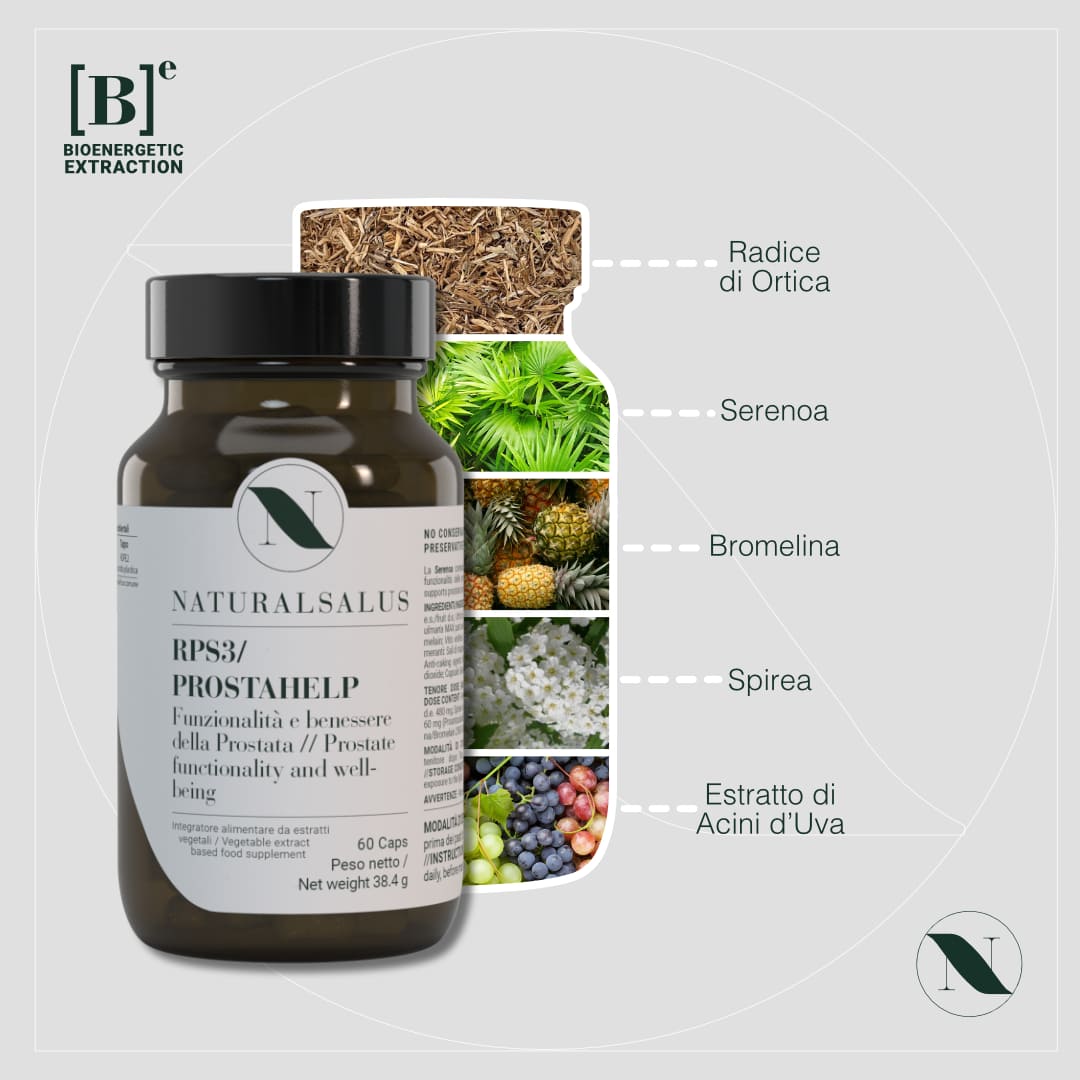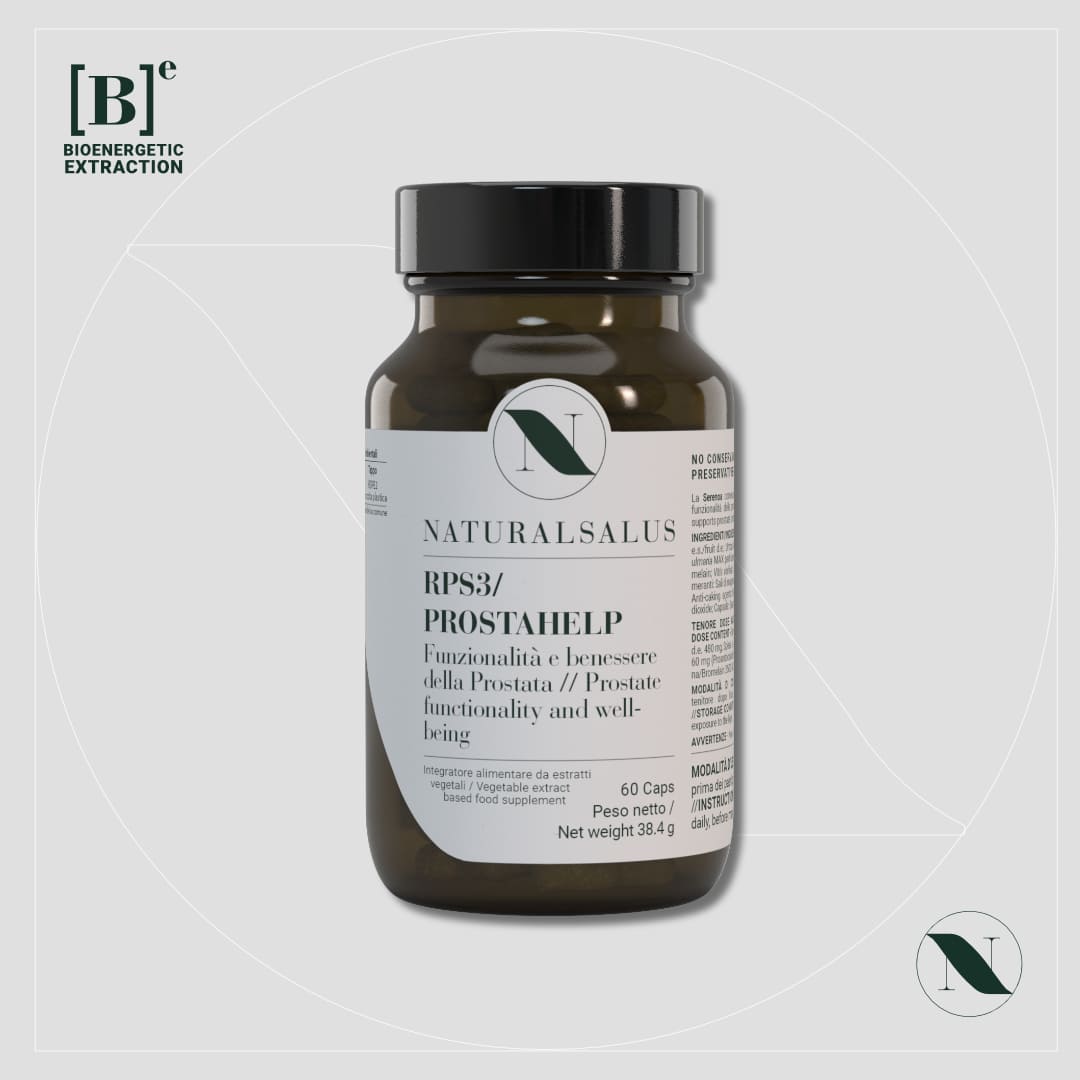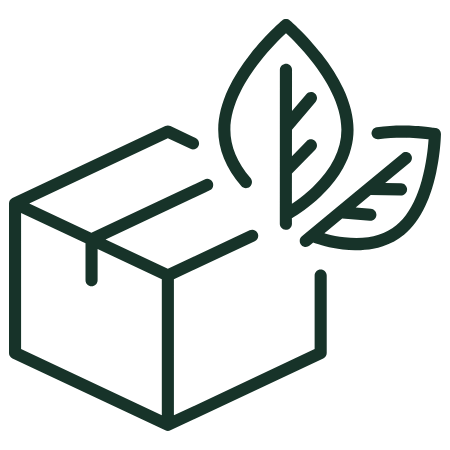

RPS3/PROSTAHELP - Natural prostate food supplement
Natural protection for men - Decongestant and prostatic hypertrophy preventive action
For all 50+ men, prostate health is an essential aspect of male well-being, especially for those with frequent urinations, night awakenings, and lower abdomen heaviness. RPS3/PROSTAHELP by NATURALSALUS is an advanced phytotherapeutic food supplement designed to prevent and counter benign prostatic hypertrophy (BPH) related disorders, aid urinary tract function and reduce prostatic inflammation and congestion.
RPS3/PROSTAHELP acts on multi levels: hormone balance (DHT), carrying out deep anti-inflammatory action and drainage of stagnant fluids, fostering better life and sleep quality. Thanks to the synergetic actions of Serenoa, Nettle, Spirea, Bromelain and Grape Seed Extract.




Explore other areas of wellbeing
Discover all our other products, organised by condition, benefit, stage of life or lifestyle, and find the natural supplements that best suit your needs.



